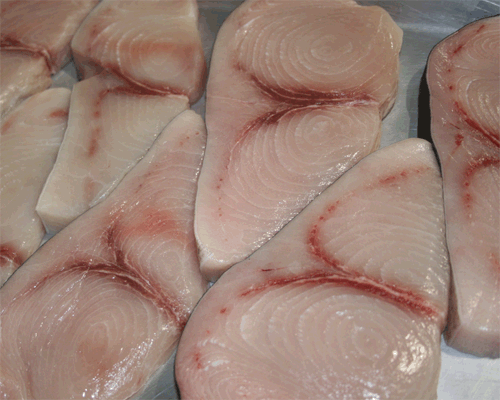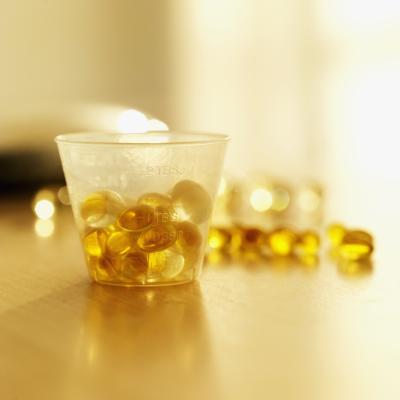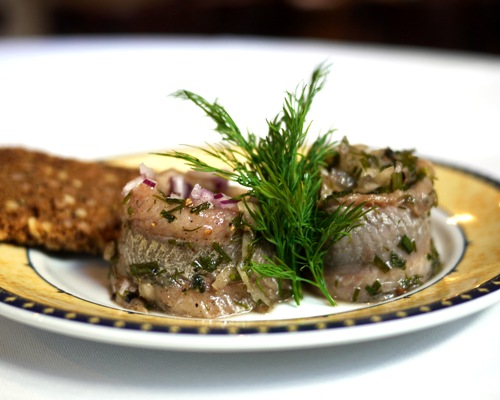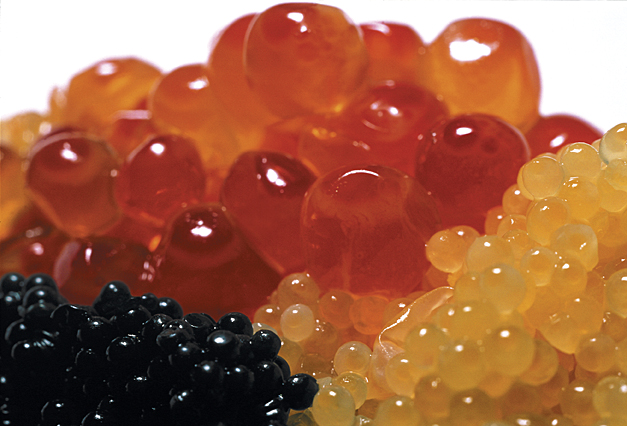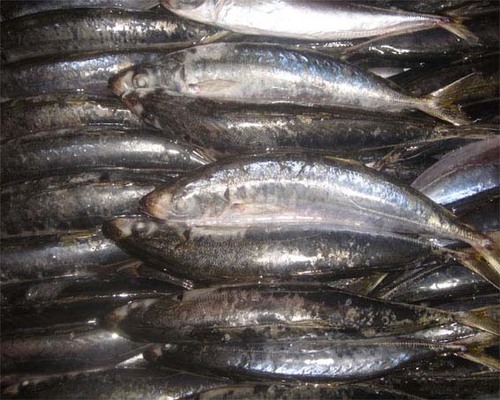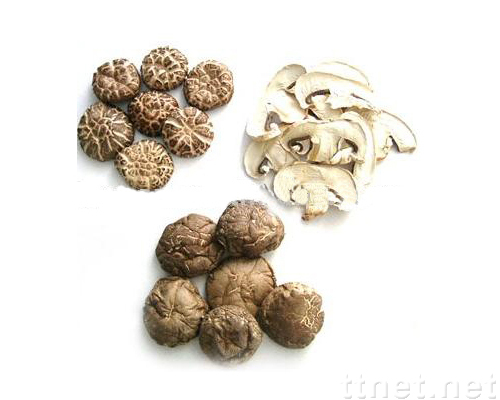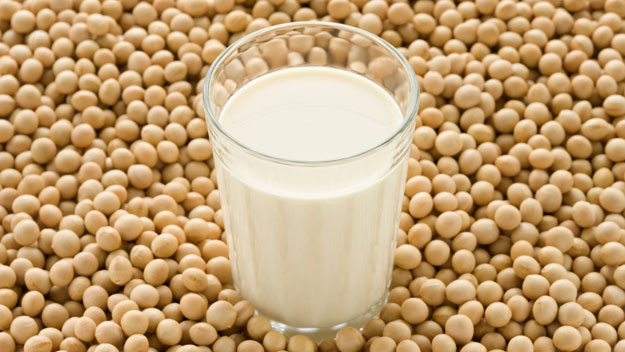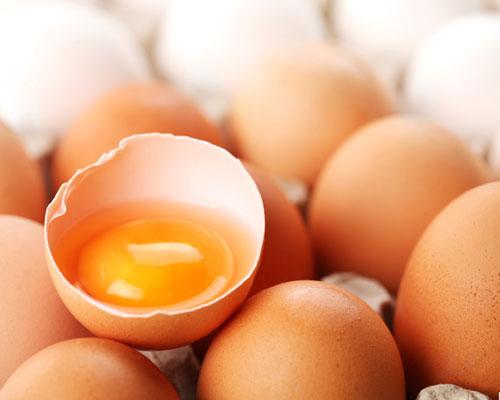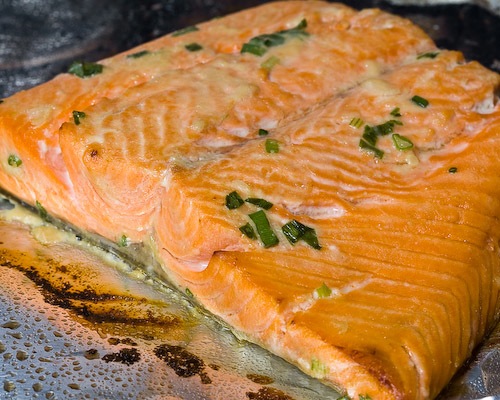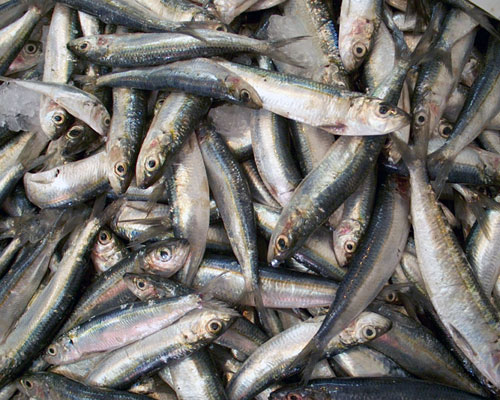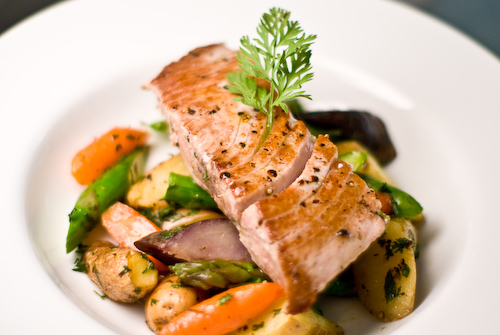Vitamin D or the “sunshine vitamin” is a fat-soluble vitamin. This essential vitamin is naturally present in very few foods. Often it is added to other foods and is also available as a dietary supplement. Vitamin D also plays a vital role in modulation of cell growth, reduction of inflammation and also in neuromuscular and immune function. Lack of the vitamin can lead to your bones being thin and brittle. It helps in prevention of rickets in children, osteomalacia in adults and osteoporosis in older adults. Children below the age of 13 and pregnant women should consume at least 200IU of vitamin D. The elderly i.e. age group 51 to 70 years and age group 71 and above should consume 400 IU and 600 IU of Vitamin D respectively.
Swordfish
Swordfish, a highly enriched source of vitamin D is widely found in tropical and temperate parts of the Atlantic, Pacific and Indian Ocean. It is also known as broadbill in some countries. Swordfishis popular because of its mild flavor and solid texture. Health-conscious consumers love this fish as it is not only tasty but also low on calorie and low on fat. It appears as an over sized Mackerel and is thickest in the shoulder area. Reinforced by a keel on both sides, its tail tapers towards the end.
Consumption of swordfish, three ounces approx. provides 142% of the recommended daily amount. Swordfish are also rich in heart healthy Omega-3 fatty acids and minerals. They can be eaten in various forms and cooking techniques like grilling, boiling, baking and poaching.
Cod liver oil
Cod fish is commonly consumed in the UK, Portugal, Spain, Italy, Canada and is easily available worldwide. Cod liver oil extracted from the fish’s liver is a rich source of vitamin A, vitamin D and vitamin E. Along with being rich in the vitamin contents, this oil is also loaded with essential polyunsaturated fatty acids – EPA, DHA and the Omega 3 fatty acids. One tablespoon of pure cod liver provides 340% of your daily value vitamin D need. Oil extracted from fish and high in omega-3 fatty acid fight off diseases, slows down aging and keeps the body, mind and heart as a well functioning machine. It not only improves your thinking & motor skills but also helps in prevention of depression. It is a good supplement for patients fighting osteoporosis and for women, post menopause. Cod liver capsules are used as preventive care for children in fighting problems like diabetes.
Herring
Herring, found in the shallow, temperate waters of the North Pacific and the North Atlantic oceans including the Baltic sea is an oily fish. Plankton found in the oceans is stuffed with vitamin D. Fish like herring thrive on plankton and are thus high in providing enumerate quantities of vitamin D You can pickle them, smoke them or cook them fresh from the sea.
Herring offers lean proteins and healthy fats to the body. As per the American Heart Association, herring is rich in eicosapentaenoic acid and decosahexaenoic acid. A person suffering from hypertension benefits from eicosapentaenoic acid (EPA) as it reduces blood pressure. EPA is also known to reduce inflammation, triglycerides and may also reduce risk of heart disease. One of the factors essential in the development of eye and brain in infants is (DHA) decosahexaenoic acid. Nursing and pregnant women may eat herring to increase the amount of DHA in the diet.
.
Caviar
Caviar a wonder appetizer, is used as a spread and garnish worldwide. It is prepared after salting and sieving a fish called roe. Popular for its salty taste and buttery texture, caviar is an enriched source of varied nutrients.
100gms of caviar provides you with 232IU of your daily required vitamin D need. Along with being a great source of vitamin D, caviar is rich in vitamin A, vitamin B12, calcium, magnesium, iron, potassium, omega-3 fatty acids and also helps in increasing your hemoglobin content.
Mackerel
Mackerel high in omega-3 oils are found in both, temperate and tropical seas. Mackerel a slim & cylindrical shaped fish is also known as maccarello or lacento. A thousand times better than having medicine, mackerel is well known for preventing heart attacks as it purifies and thins human blood. Mackerel also helps in the prevention of various cancers as it helps reducing cancer-causing agents in cells. Not only does it aid in the elasticity of blood vessels and capillaries, but is also in regulating the hormone level in human body. It also helps in reducing bad cholesterol.
A cooked mackerel, approximately three and a half ounces, provides you with 90% of your every day vitamin D requirement. Mackerel also contain low level of mercury and is considered to be safe for pregnant women to eat twice a week. It can be eaten in various forms and cooking techniques like roasting, grilling and barbecuing
Mushrooms
Mushrooms dried in the sun are high in vitamin D. Being proficient at sucking up sunlight, shiitake mushrooms or button mushrooms are also rich in vitamins like B1 and B2. They are packed with high quality proteins as they contain essential amino acids. They are also rich in minerals and vitamins. They help in lowering blood pressure, reducing cholesterol, fighting tumors, improving liver function and strengthening the immune system. Low in calories and high in fiber, these mushroom are loved by health-conscious people. Shiitake mushrooms are the symbol of longevity in China.
In order to extract the high content of the vitamin, buyers, please make sure that you purchase mushrooms that have been dried under the sun and not by random artificial methods. Dry mushrooms fit your budget, are intense in flavor and have a meaty texture. You can use them in everything from soups to sauces to sautés.
Milk, soy and other products
Products like fortified milk, fortified orange juice and fortified cereals with vitamin D are some of the sources of the essential vitamin D. One cup milk and one cup of fortified orange juice provides 31% and 34% of the daily required necessity of the vitamin. Fortified cereals make for 10% of your daily required intake.
For vegetarians fortified tofu can offer up to 581 IU of the vitamin, while a cup of soy milk can provide 338 IU. Non fat soy milk when added with calcium, vitamins A & D provides 297 to 213 IU. Soy yoghurt can be used as an additional optional. 161 IU of vitamin D is provided by Silk plain soy yoghurt. Intake of cheese (an ounce) can provide 2% of the daily essential requirement.
Eggs, beef and liver
Eggs contain vitamin D in small quantities. Those who do not prefer to eat fish, eating eggs can be an alternate option. Eggs are very good for eyes. People who consume eggs everyday are at lower risks of developing cataracts because eggs contain zeaxanthin and lutein. Eating
an egg provides approximately 10% of your daily requirement of vitamin D. The vitamin is found in the egg yolk. Eating free-range eggs from a local farm is recommended, if possible.
Beef and liver also contain vitamin D in small quantities. Beef also has other nutrients like protein, iron and zinc, and vitamin B12.Three and a half ounces of cooked beef and liver provide 4% of your daily vitamin need respectively.
Sockeye salmon
Salmon are found in the North Atlantic Ocean, Pacific Ocean and in the great lakes of North America. They are also produced in aquaculture in many parts of the world. Salmon often pry and eat zooplankton. Zooplanktons are rich sources of vitamin D. A small portion of cooked salmon (three & a half ounce) provides you with 90% of your daily necessity. Salmon can be baked, roasted, fried, smoked or grilled.
A considerable risk of colorectal cancer is decreased by intake of salmon. This fish has also been protective again pulmonary embolism. Even a small intake of the fish is helpful for protection against ovarian & digestive tract cancers. Those who eat salmon have less chances of getting cancers in pharynx, stomach, colon, rectum, esophagus, mouth, pancreas and ovaries. The risks of non-Hodgkin’s lymphoma, multiple myeloma, and leukemia can be lowered effectively by consumption of this fish.
Sardines
Seventy percent of your daily needs can be fulfilled by the consumption of one small tinned can of tiny sardines. They are also rich in Omega-3 fatty acids, vitamin B12, selenium and proteins. Omega-3 fatty acids help in the lowering of triglyceride and blood lipid to keep you healthy. Named after the Mediterranean island of Sardinia, sardines are commonly consumed in Cornwall, Croatia, France, India, Morocco, Norway, Peru, Portugal, Spain, Turkey and the United States of America.
Tuna
Freshly caught tuna, is a very nutritious fish. Eating three ounces of this oily fish will contribute for 50% of your every day need of the vitamin. One should always keep in mind that, eating oily fish lubricates the body with good fats catering a number of health benefits like better memory and brain function. Consumption of tuna is also used as a preventive measure for childhood asthma. Vitamin B6 in the fish is vital for the process of methylation. The ischemic form of stroke in humans can be lowered by regular consumption of tuna. Selenium, a mineral which plays a key role in the maintenance of a healthy liver is present in tuna. Selenium also helps in prevention and occurrence of heart disorders and cancer.
Tuna can be eaten in various forms and cooking techniques like roasting, frying, searing, En papillote and baking.




